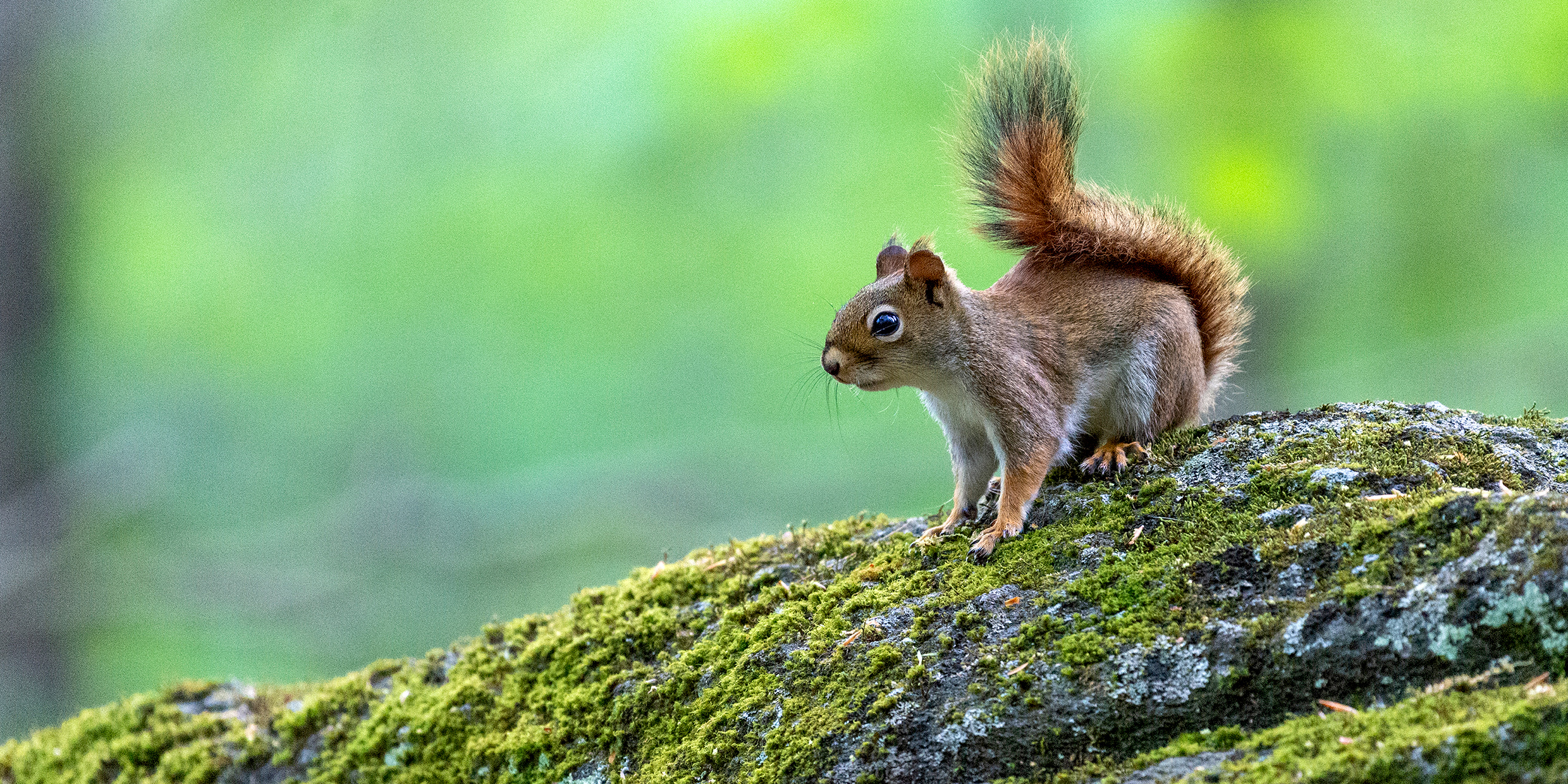Originally published 4 October 1999
Last weekend at the New England Aquarium Environmental Writer’s Festival, I was asked what I have been doing in this column for the past 17 years. What, I wondered, did “Science Musings” have to do with the environment?
My tag at the Aquarium was “Environmental Journalist,” but that is accurate only if “environment” includes not just spotted owls, baby seals, and rain forests, but also galaxies, atoms, bacteria, and genes. Nature, it seems to me, is all of a piece, and we either love all of it or none of it.
And don’t call me a “journalist,” I said. I am a storyteller.
In the current issue of Orion, America’s finest environmental magazine, Oregon rancher Mike Connelly rakes environmentalists over the coals as a bunch of buttinski tree-huggers. He asks a big, good question: “How can we live so that we experience our dependency upon the nonhuman world as a matter of “plain thusness” — as just run-of-the-mill, everyday, stinky, ecstatic, painful, beautiful, and depressing reality instead of the perfumy and saccharine pabulum oozing from our [nature] calendars and coffee-table books?”
“Environmentalists need to tell more stories, not pass more laws,” he suggests as a partial answer to his question.
I wouldn’t dismiss environmental laws and activism as readily as Connelly. But laws and activism are stopgap responses to environmental degradation. In the long run, the only thing that will save the nonhuman environment is a kind of religious conversion. We need — as a global society — to understand that nature, all of it, is sacred, sacramental. And for that, as Connelly says, we need stories, stories as powerful and persuasive as those of the prophets of old.
I’m not talking mysticism here, or theology. By sacred I mean only that we understand that every particle of creation has an intrinsic worth that is independent of human economic value. And by sacramental I mean that we are sensitive to the ineffable, transhuman mystery that resides in all things.
Nor am I talking about a religious conversion that will replace traditional religions. What is to be hoped for is that traditional religions will bring their powerful influence to bear upon the shaping of a new environmental ethic — even a new creation-based spirituality.
Not long ago I visited the Crystal Spring Center for Ecology, Spirituality and Earth Education in Plainville, Massachusetts, established by a remarkable group of Dominican nuns. Their prayer room has big windows open to the outdoors, and by the windows sits a large white chest. “What’s in it?” I asked. They opened it. Inside was a writhing mass of earthworms, busily composting household trash.
The sisters of Crystal Spring are living the life I describe, respectful of their institutional traditions and attentive to what they call “the primary revelation” of creation. They listen to the Earth to hear the good news of their Creator, and they honor science as an instrument of understanding.
Day in and day out they pay attention to the natural world, which includes, of course, ourselves.
Every story begins with paying attention. The poet Mary Oliver calls paying attention “our endless and proper work.” John Updike says almost the same: “We are here to give praise. Or, to slightly tip the expression, to pay attention.” Both writers echo the late-17th-century philosopher Nicolas Malebranche: “Attentiveness is the natural prayer of the soul.”
Every story this column has related over the years had its beginning in attention to some small part of the world: an ant, a stone, a flash of green light at sunrise, the colorful schematic of a bacterial genome spread out in the pages of Nature or Science. Everything has a story to tell. If we cultivate a prayerful attention to the world the stories make themselves heard.
Sometimes we cling to stories long after they have ceased to adequately describe the world. The old stories are often more comforting, and they are certainly easier to learn. For the new stories, we must go to our poets and scientists who have the gift of listening attentively to what the world has to say.
This column over the years has tried to honor the scientists who attend to nature, by taking their stories and making them our own. The stories you have read here are those of the thousands of men and women who are busily and often selflessly engaged in scientific research.
The poet Muriel Rukeyser said: “The universe is made of stories, not atoms.” She is right, of course. Even atoms are stories we tell about the world, having first paid close attention to how the world behaves.
Once we understand that an atom or amoeba is as resplendent with mystery as a spotted owl or baby seal, then the spotted owls and baby seals may have a chance. Laws won’t save them in the long run, nor will chaining ourselves to trees or splattering sealskin coats with paint. In the end, we will experience our dependency upon nonhuman nature as a matter of “plain thusness” only when we grant every iota of creation our attention, knowledge, reverence, and praise.



